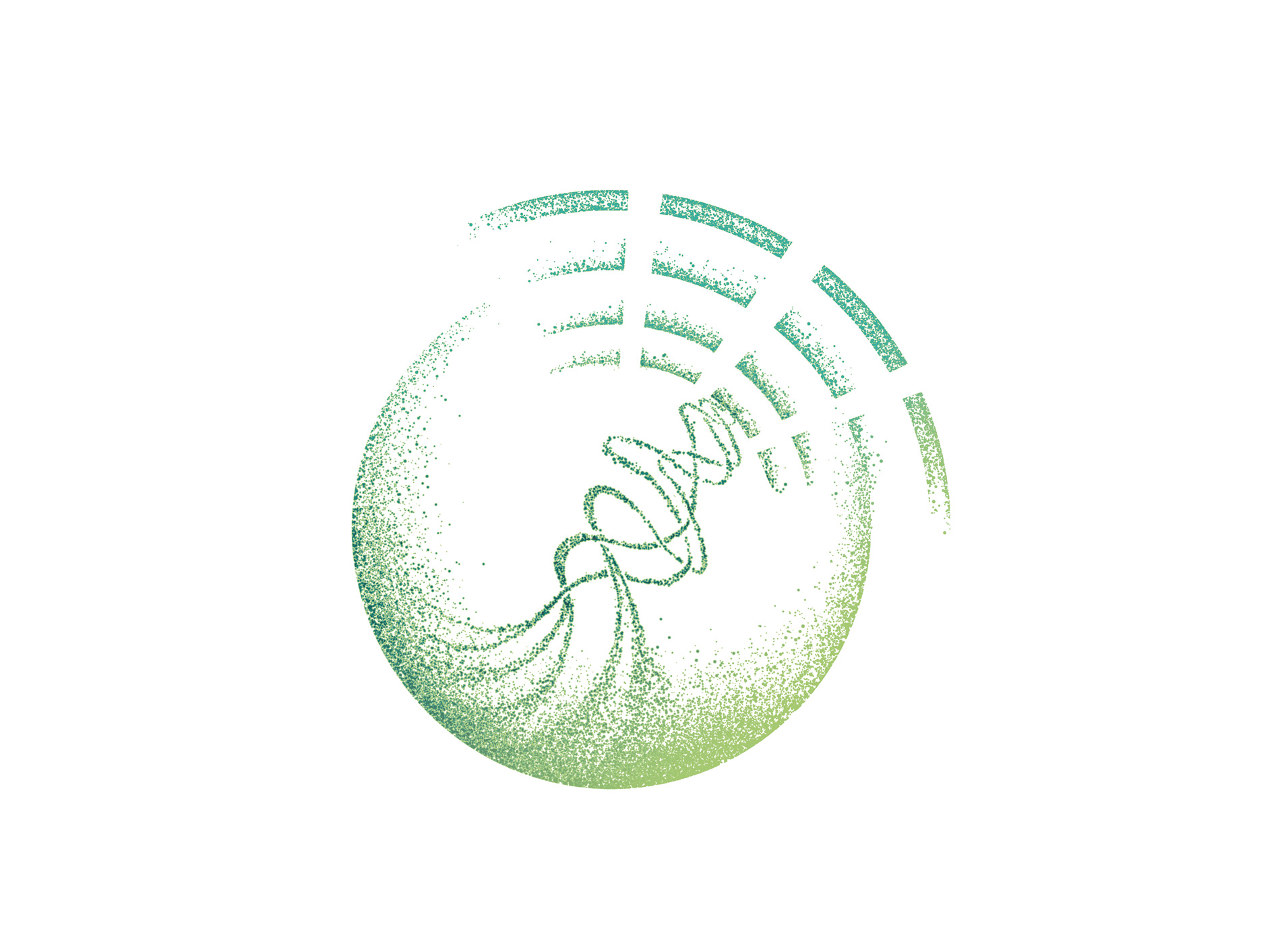How can we distribute finite resources in manageable, interpersonal contexts?

Pool, Cap & Divide Up
source ![]()
Things that are depleted through use cannot always be made available indefinitely to everyone. Some limits on access and usage are needed, along with agreements about fair allocations. A sustainable distribution practice also de-couples “giving” from “taking” so that there is indirect reciprocity and not direct, reciprocal exchange. This process must combine the following three elements: pooling what is available, capping how much of it can be used, and then dividing it up fairly. This does not mean that all participants must contribute, but it does mean that everyone more or less gets what they need, to the extent that it is possible.
# Examples
- Food boxes, potluck dinners, disaster-relief supplies.
- “Free shops” ![]() that pool the items that people donate. Sometimes the amount of items that a person may take is then capped. Otherwise, everyone may take what they wish.
- At Meditation Centers
that pool the items that people donate. Sometimes the amount of items that a person may take is then capped. Otherwise, everyone may take what they wish.
- At Meditation Centers ![]() , meditation course participants pay what they feel they can afford after the course is over.
- Anthropologist James Suzman, in Affluence Without Abundance, notes how the egalitarian-minded Bushman of the Kalahari (Ju/’hoan) ensure that everyone gets a fair share of harvested food and meat after a hunt, even if some individuals play a larger role than others.
, meditation course participants pay what they feel they can afford after the course is over.
- Anthropologist James Suzman, in Affluence Without Abundance, notes how the egalitarian-minded Bushman of the Kalahari (Ju/’hoan) ensure that everyone gets a fair share of harvested food and meat after a hunt, even if some individuals play a larger role than others.
# Related Patterns - Give Equal Tribute to Work & Care(work) - Create Non-Monetary Security - Pool, Cap & Mutualize - Contribute Freely - Contribute & Share